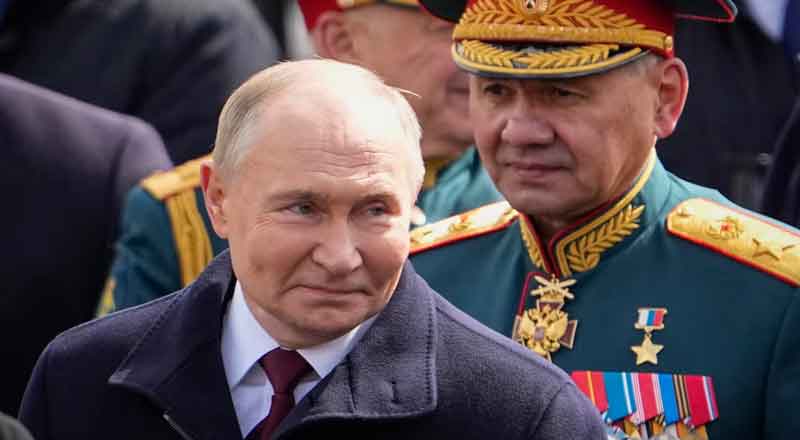Iran announced that it has reached a deal with Saudi Arabia to resume diplomatic relations and reopen their respective embassies in the two countries. After seven years of tensions between the Mideast rivals, the two countries finally made the deal with help from China.
The major diplomatic breakthrough negotiated with China lowers the chance of armed conflict between the nations — both directly and in proxy conflicts around the region. The deal, struck in Beijing this week amid its ceremonial National People’s Congress, represents a major diplomatic victory for the Chinese as Gulf Arab states perceive the United States slowly withdrawing from the wider Middle East.
Two countries released a joint communique on the deal with China. Chinese state media did not immediately report the agreement. Iranian state media posted images and videos it described as being taken in China of the meeting.
The joint statement calls for the re-establishing of ties and the reopening of embassies to happen “within a maximum period of two months.” In the footage aired by Iranian media, Wang could be heard offering “whole-hearted congratulations” on the two countries “wisdom.” “Both sides have displayed sincerity,” he said. “China fully supports this agreement.” China, which last month hosted Iran’s hard-line President Ebrahim Raisi, is also a top purchaser of Saudi oil.
Iran’s state-run news agency quoted Shamkhani as calling the talks “clear, transparent, comprehensive and constructive.” “Removing misunderstandings and the future-oriented views in relations between Tehran and Riyadh will definitely lead to improving regional stability and security, as well as increasing cooperation among Persian Gulf nations and the world of Islam for managing current challenges,” Shamkhani was quoted as saying.
Shortly after the Iranian announcement, Saudi state media began publishing the same statement. Tensions have been high between Iran and Saudi Arabia. The kingdom broke off ties with Iran in 2016 after protesters invaded Saudi diplomatic posts there. Saudi Arabia had executed a prominent Shiite cleric days earlier, triggering the demonstrations. The execution came as Crown Prince Mohammed bin Salman, then a deputy, began his rise to power. The son of King Salman, Prince Mohammed at one point compared Iran’s Supreme Leader Ayatollah Ali Khamenei to Nazi Germany’s Adolf Hitler and also threatened to strike Iran. Tensions have risen dramatically across the Middle East.
Kristian Ulrichsen, a research fellow at Rice University’s Baker Institute who has long studied the region, said Saudi Arabia reaching the deal with Iran came after the United Arab Emirates reached a similar understanding with Tehran.
Years of inconclusive fighting have created a humanitarian disaster and pushed the Arab world’s poorest nation to the brink of famine. A six-month cease-fire in Yemen’s war, the longest of the conflict, expired in October despite diplomatic efforts to renew it. That led to fears the war could again escalate. More than 150,000 people have been killed in Yemen during the fighting, including over 14,500 civilians.
Iraq’s new government is perceived as closely linked to Iran, although Iraq has attempted to maintain relations with both sides. In a statement following announcement, the Iraqi foreign ministry welcomed the deal and said previous mediation by Iraq had established a “solid base” for the later talks and agreement in China, which gave a “qualitative impetus to cooperation for the countries of the region.”





